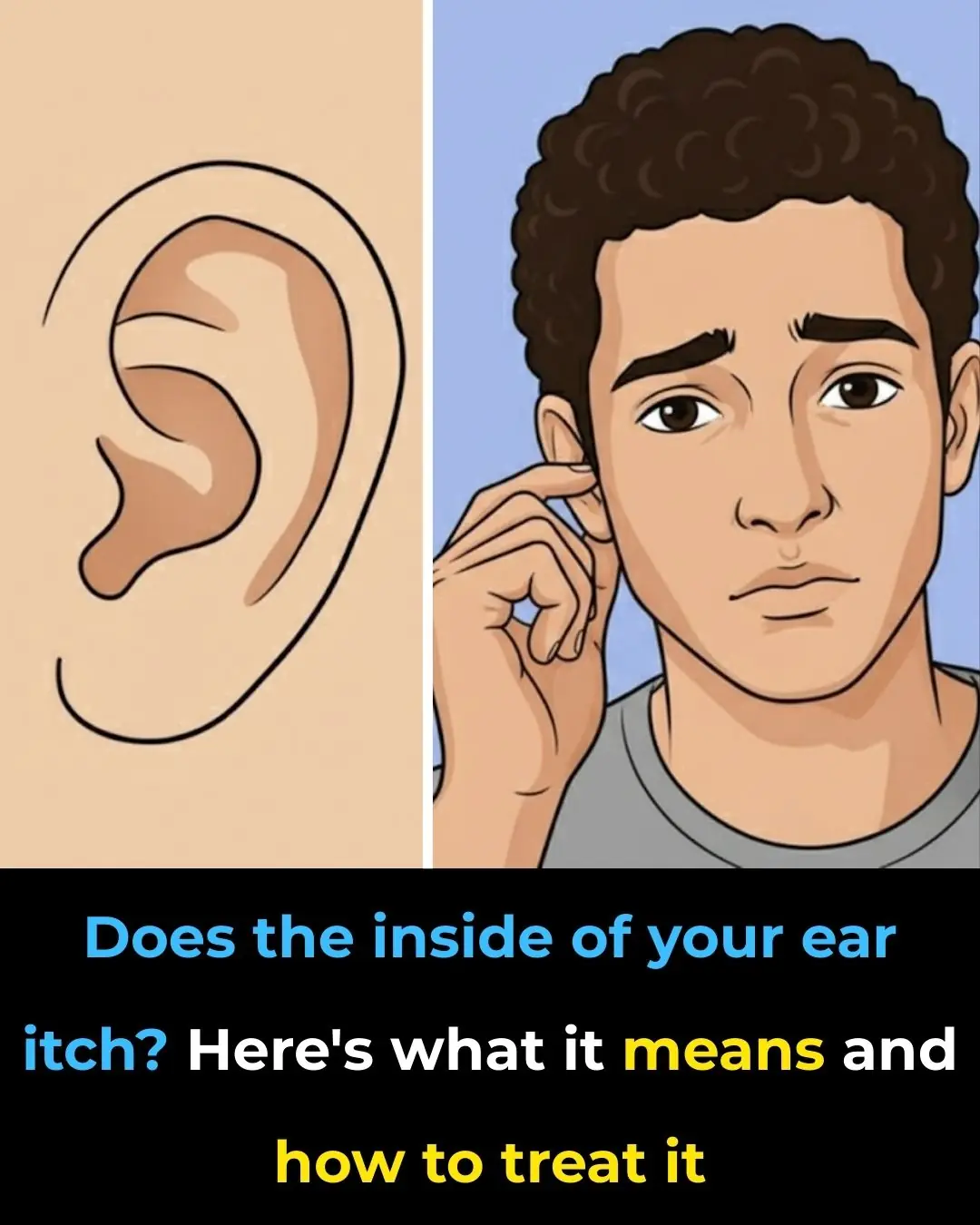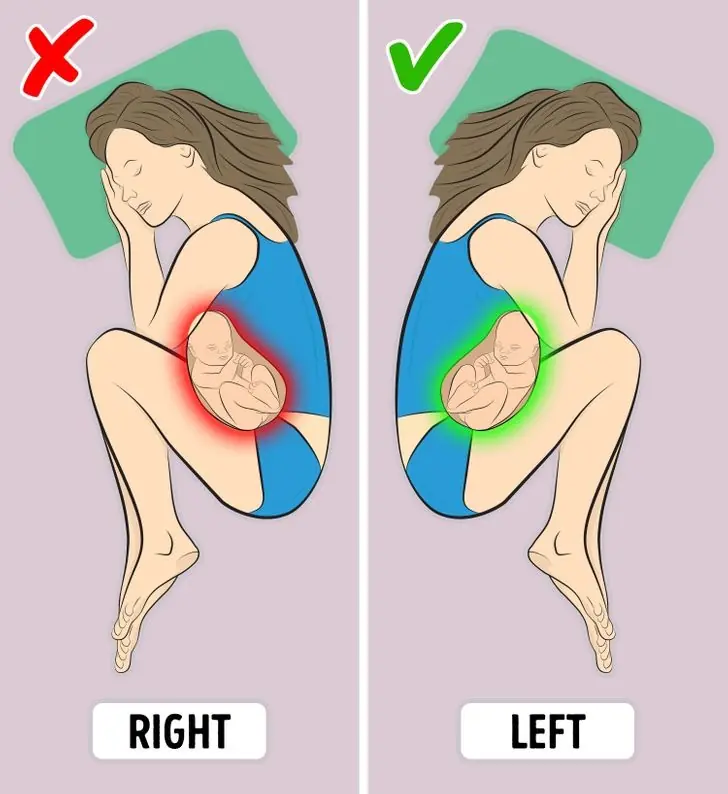
Shoulder Pain from Sleeping: Causes, Solutions and More

Shoulder pain that disrupts your sleep or wakes you up during the night can leave you feeling tired, irritable, and frustrated the next morning. While you might expect some discomfort after a long day, pain that worsens when you're lying in bed or trying to fall asleep often points to something more significant.
In many cases, night-time shoulder pain is related to your sleeping position, but it can also stem from injuries, chronic conditions, or even nerve issues. Whether you’ve been dealing with dull aches or sharp stabs that disturb your rest, understanding the root causes of shoulder pain at night is essential to finding lasting relief.
In this article, we’ll explore:
-
Common causes of shoulder pain while sleeping
-
Symptoms to watch for
-
Best sleeping positions and pillow choices
-
Exercises, stretches, and home remedies to relieve pain
-
When to see a doctor for shoulder pain
Understanding the Anatomy of the Shoulder
The shoulder is one of the most complex and mobile joints in the human body. It includes several bones—the scapula (shoulder blade), clavicle (collarbone), and humerus (upper arm bone)—as well as muscles, tendons, and ligaments that allow for a wide range of motion.
Because of this complexity and flexibility, the shoulder is especially vulnerable to injuries and conditions that lead to inflammation, instability, or overuse.
A key player in shoulder movement is the rotator cuff, a group of muscles and tendons that stabilizes the shoulder and helps lift and rotate the arm. Damage to the rotator cuff is a frequent cause of night-time shoulder pain.
Symptoms of Shoulder Pain at Night
In addition to general discomfort, shoulder pain from sleeping may be accompanied by:
-
Stiffness and limited range of motion in the morning
-
Sharp pain when sleeping on one side
-
A dull, radiating ache from shoulder to upper arm or neck
-
Numbness or tingling in the shoulder or down the arm
-
Waking multiple times due to pain
-
Muscle spasms or cramps in the shoulder and upper back
These symptoms can range from mildly annoying to intensely painful—and may affect just one shoulder or both.
Common Causes of Night-Time Shoulder Pain
Let’s break down the major culprits behind shoulder pain that worsens during sleep:
1. Rotator Cuff Injuries and Inflammation
-
Rotator cuff tendonitis: Caused by repetitive overhead motion or aging, this leads to inflamed tendons that throb at night.
-
Shoulder impingement: Occurs when tendons are compressed between bones during movement.
-
Rotator cuff tears: Can be partial or complete, leading to sharp pain especially when lying on the affected side.
These conditions often cause pain that gets worse at night due to increased pressure and reduced movement, which allows inflammation to build.
2. Frozen Shoulder (Adhesive Capsulitis)
Frozen shoulder leads to stiffness, reduced mobility, and pain, which becomes more pronounced at night. It typically develops gradually and can take months to years to resolve.
Symptoms include:
-
Dull or aching pain deep in the joint
-
Difficulty moving your arm overhead or behind your back
-
Night pain that interferes with sleep
3. Shoulder Bursitis
Inflammation of the bursa, a fluid-filled sac that cushions the shoulder, can cause pain that worsens with pressure—like lying on that side. Bursitis often flares after repetitive motion or trauma.
4. Poor Sleeping Position
Even if you have no underlying injury, sleeping in a way that puts direct pressure on the shoulder can lead to:
-
Compression of nerves
-
Restricted blood flow
-
Muscle tightness or soreness
Sleeping on the same side every night without changing position is a common contributor.
5. Brachial Plexus Injury
Injury to the network of nerves that control the arm and shoulder can cause night pain, tingling, or numbness—especially if aggravated by how you sleep.
6. Myofascial Pain Syndrome
This chronic pain condition involves trigger points (knots) in the muscles around the shoulder and upper back. These tender areas can refer pain and cause sleep disruptions.
7. Acromioclavicular (AC) Joint Injury
Injury or arthritis of the AC joint (where the clavicle meets the shoulder blade) can cause localized pain, especially when lying on the affected side.
8. Thoracic Outlet Syndrome (TOS)
TOS involves compression of nerves or blood vessels near the collarbone, leading to:
-
Pain in the shoulder and neck
-
Numbness or tingling in the arm or hand
-
Symptoms that worsen at night
9. Pregnancy
In the third trimester, many pregnant women experience shoulder pain due to:
-
Hormonal changes
-
Changes in posture
-
Pressure from side-sleeping
Switching sides and using supportive pillows can help.
10. Other Possible Causes
-
Arthritis: Especially osteoarthritis or rheumatoid arthritis, can cause joint stiffness and pain at night.
-
Pinched nerves: In the neck or spine may refer pain to the shoulder.
-
Referred pain from the heart, gallbladder, or lungs: Rare but serious—especially if symptoms include chest pain or shortness of breath.
How to Sleep Better with Shoulder Pain
The right sleeping position can make a major difference.
✅ Best Positions:
-
On your back: Reduces pressure on both shoulders.
-
On the unaffected side: Use a supportive pillow between your knees and a pillow under your affected arm to keep it slightly elevated.
❌ Avoid:
-
Sleeping on your stomach: Twists the neck and shoulders unnaturally.
-
Sleeping with your arm above your head: Can compress nerves and tendons.
Choosing the Right Pillow and Mattress
The wrong bedding can worsen shoulder pain—or cause it.
Pillow Tips:
-
Use a firm, supportive pillow that keeps your neck aligned.
-
Avoid very high or low pillows.
-
Memory foam or orthopedic pillows can reduce pressure points.
Mattress Tips:
-
A medium-firm mattress is ideal for shoulder and back support.
-
Replace old mattresses (older than 5–7 years) to avoid sagging that affects spinal alignment.
Exercises and Stretches to Relieve Night Shoulder Pain
Gentle, consistent stretching and strengthening can help manage or prevent shoulder pain.
1. Crossover Arm Stretch
-
Extend your right arm across your chest.
-
Use your left hand to gently pull your right arm closer.
-
Hold for 30–60 seconds.
-
Repeat 3–5 times on each side.
2. Neck and Shoulder Release
-
Sit upright, relax your shoulders.
-
Lower your chin to your chest, then gently tilt to the side.
-
Hold each tilt for 30 seconds.
-
Repeat 3–4 times.
Tip: Perform stretches during the day and before bed for maximum benefit.
Home Remedies for Shoulder Pain at Night
🔹 R.I.C.E. Method
-
Rest: Avoid movements that aggravate pain.
-
Ice: Apply a cold pack (wrapped in a towel) for 15–20 minutes.
-
Compression: Use a shoulder brace or wrap to reduce inflammation.
-
Elevation: Avoid lying directly on the painful shoulder.
After the initial injury phase, alternate with warm compresses to loosen stiff muscles.
How to Relieve Rotator Cuff Pain at Night
-
Sleep on your back with a small pillow under your arm.
-
Sleep on the unaffected side, with the painful shoulder supported by a cushion.
-
Apply a warm compress 15–20 minutes before bedtime to relax muscles and improve circulation.
When to See a Doctor
Consult a healthcare provider if:
-
You can’t move your shoulder without severe pain
-
Pain persists for more than 2 weeks despite rest
-
You notice swelling, redness, or warmth
-
Sleep disruptions are affecting your quality of life
-
You suspect a rotator cuff tear or frozen shoulder
-
Pain is accompanied by chest pain, shortness of breath, or jaw pain (possible heart issue)
Conclusion: Don’t Ignore Shoulder Pain at Night
Shoulder pain that interferes with sleep isn’t just an inconvenience—it can signal a deeper issue, from rotator cuff injuries to arthritis or nerve problems. Understanding the cause of your pain is the first step toward effective treatment.
With the right combination of positioning, support, exercise, and care, most people can significantly reduce or eliminate shoulder pain at night. However, persistent or worsening pain should never be ignored.
Prioritize your sleep and your shoulder health—your entire body depends on it.
News in the same category


Seniors: the 1 simple ingredient that quickly rebuilds muscle

Doctors warn: this 1 cancer sign may show up in your sheets

How Water Fasting Can Regenerate the Immune System, Slow Aging, Reduce Heart Attack Risk and More

4 Reasons Why Cardiac Arrests Happen in The Bathroom

Cancer hates these 6 fruits—eat them to fight back!

Canadian Researchers Discover New Evidence That Vitamin D Shuts Down Cancer Cells

Signs of Arthritis You Shouldn’t Ignore

Research Reveals Two Life Stages of Accelerated Aging

9 Convincing Reasons to Consume More Dates

Unlocking the Hidden Potential of Papaya Seeds: A Nutritional Treasure

Garlic & Black Pepper: The Kitchen Cure for Leg Pain and More

Castor oil for older adults: key benefits and safety tips you shouldn’t miss

Top 10 signs of a gallbladder attack

Which fruit prevents cancer cells from growing rapidly?

Does The Inside Of Your Ear Itch

Disadvantages of Sleeping on Your Right Side: What Your Body Isn’t Telling You

A Natural Remedy for Thinning Hair

Simple Aloe Vera Trick Will Leave Your Skin Glowing
News Post

The fish that is the "king of omega-3," with salmon only ranking second: Sold everywhere in Vietnamese markets at incredibly low prices.

Tips for using rice water and ginger to nourish your hair, promoting faster growth and making it thicker, darker, and shinier.

Treat premature gray hair with a black dye formula made from sour starfruit and potatoes, as cheap as can be!

How to store chili peppers for months while keeping them as fresh as the day they were picked, with firm, plump flesh that doesn’t dry out or lose flavor.

10 people eat avocado, but 9 of them discard this part without realizing it's a "treasure."

How to help you travel thousands of miles without getting motion sickness.

Stick an Urgo Patch on Your Fan: A Clever Trick That Brings Amazing Benefits—Don’t Miss Out if You Haven’t Tried It

Tips to Prevent Blackening of Pots When Using a Gas Stove: Very Simple, Everyone Should Know

Drink coffee THIS way to protect and reverse liver damage caused by alcohol

Seniors: the 1 simple ingredient that quickly rebuilds muscle

Doctors warn: this 1 cancer sign may show up in your sheets

Don’t Throw Away Bubble Wrap — Keep It in Your Kitchen to Discover These Amazing Benefits

Revive Your Nails with This Garlic Secret

17 Natural Habits to Keep Your Colon Healthy

7 Nettle benefits and uses

7 Benefits Of Papaya Seeds & How To Consume Them Correctly

How Water Fasting Can Regenerate the Immune System, Slow Aging, Reduce Heart Attack Risk and More

4 Reasons Why Cardiac Arrests Happen in The Bathroom
